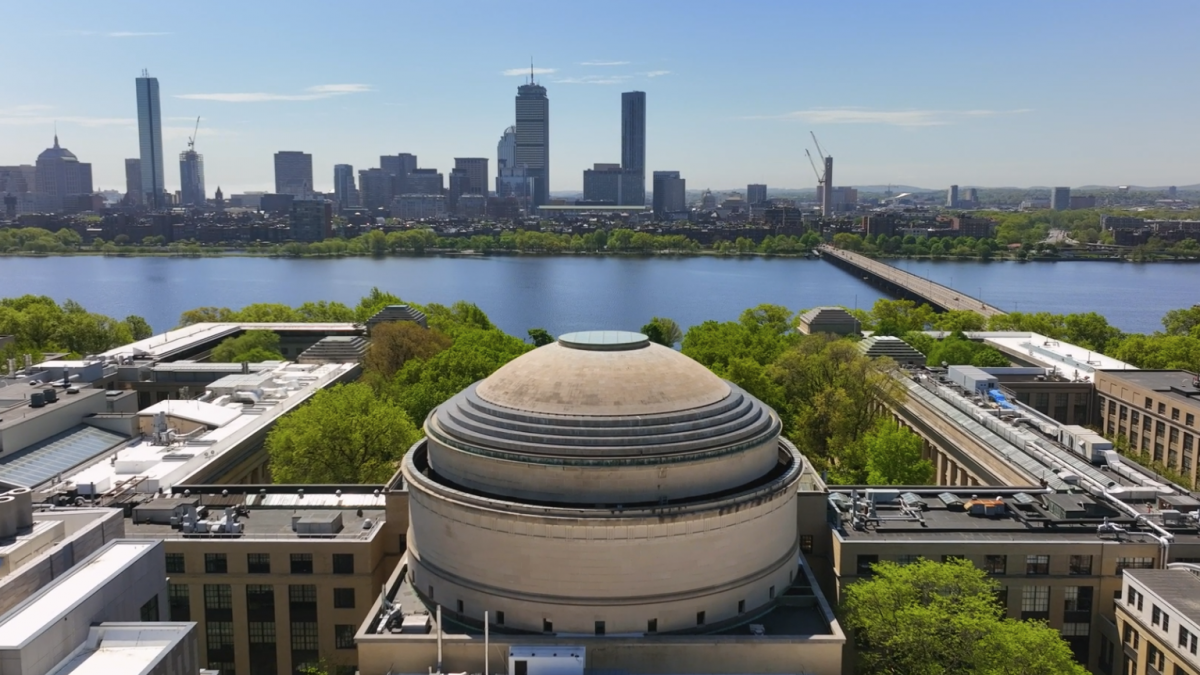Stanton Nuclear Security Fellows Program
 Overview
Overview
The Stanton Nuclear Security Fellows Program seeks to stimulate the development of the next generation of thought leaders in nuclear security by supporting research that will advance policy-relevant understanding of the subject. Fellowships are available for pre-doctoral and post-doctoral scholars and for junior faculty. Fellows are expected to produce policy-relevant research, including book manuscripts, draft articles, dissertations, chapters in edited volumes, or reports. Nuclear security as a subject of study is an umbrella term that includes nuclear war, nuclear terrorism, nuclear proliferation, nuclear weapons, nuclear force posture, and, as it relates to nuclear security, nuclear energy.
Eligibility
Fellowships are available to scholars with a PhD or equivalent degree (e.g., MD or JD) from the United States or abroad. PhD candidates must have at least three chapters of their dissertation completed, and their dissertation topic must be in nuclear security. Proposed research for the fellowship must be consistent with the mission of the program described above.
Stipend Information
All fellows will receive a ten-month stipend. Fellows are expected to be in residence at MIT. Stipends at the pre-doctoral, post-doctoral and junior faculty level will be competitive and commensurate with experience. MIT’s health insurance is included. Office space and supplies, use of a computer, and access to MIT’s libraries and other facilities will be provided.
Application Procedures
Each applicant should submit a packet that includes:
- Completed one-page form (download here)
- Prospectus for research project or dissertation (no more than 1,500 words), including a statement regarding how it relates to nuclear security
- Resume/CV
- Three letters of recommendation (sent directly from the recommender to the email address below)
- A short writing sample pertinent to the application (pre-docs should submit at least three completed dissertation chapters)
- A graduate school transcript (for pre-doctoral candidates only)
Please do not submit supplemental materials such as books or lengthy manuscripts
Please submit all application materials electronically, by email, to ssp-fellowships@mit.edu.
Applications for these fellowships for the 2025-2026 academic year will be accepted until December 6, 2024. Decisions will be announced in January 2025.
